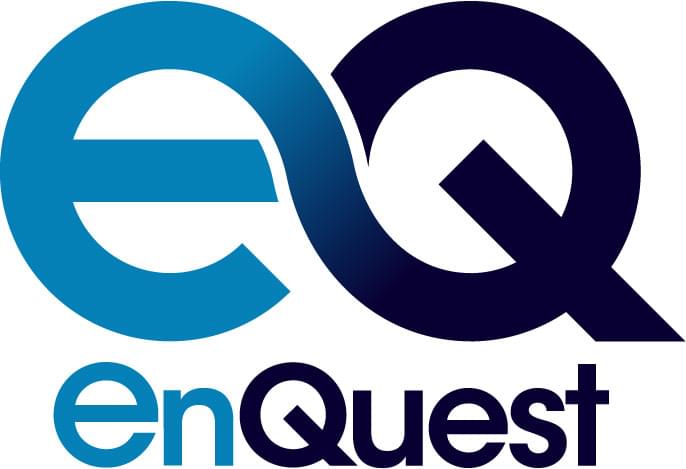Annoyed, vexed, pissed off, enraged, maddened, outraged, furious, combusting, fuming, steaming, incensed, aggravated, antagonised, riled, irritated… it seems like we use such a wide variety of words to describe anger, depending on the intensity of it. But what is it? Why do we get angry? And if anger is as much of a human emotional response than any other, then why is it that we’re so often afraid of being angry or afraid when others get angry?
Anger is, in fact, often a direct response to the perception of a threat due to a physical conflict, injustice, negligence, humiliation or betrayal. Varying in intensity it can encompass aspects of hostility, self-defence, passive-aggressive behaviour and tension as a ‘passive’ emotion; and as an ‘active emotion’ the angry person usually, verbally or physically, lashes out or attacks the target of their anger. Anger is usually magnified and lasts longer when a cognitive decision is made about the intent of the individual inflicting the pain. In other words, if one decides the pain infliction was intentional or deliberate, the emotion is usually more intense.
When a person gets angry, physical effects happen within the body as their heart rate increases, pumping blood quickly around the body – especially into the muscles which then become pumped and ready for action; and biological changes take place with adrenaline level rising and the suppression of endorphins, the body’s pleasure chemicals.
It can come from feeling frustrated at not being heard or understood; not being able to be our true selves but rather having to contain our feelings and identity; at feeling alone and isolated and not cared about; and carrying traumatic memories around with us. For many survivors, managing anger is a daily battle and if not expressed in a positive and healthy way then it can cause us to act out in ways that can damage ourselves, objects and others.
Now this may be hard to believe but it’s ok to be angry, it really is, but ask yourself this question: Shouldn’t the anger be directed at the right person… the abuser?
This can be really difficult because many of us were groomed and coached into believing the reason the abuse happened was our fault, so we’re angry with ourselves. Some abusers were our dads, brothers, grandfathers, uncles, teachers, mums, adults we knew in positions of authority and power and when society generally teaches us to love these people, how can we be angry at them for what they did to us?
It can be hard not to re-direct the anger we have internalised or projected onto our current loved ones that was and should be directed at the abuser. So how can we manage our anger better?
Tips to Help With Better Anger Management
Recognise the external triggers that are likely to increase your anger. For example, hunger, tiredness, being in traffic, being in a crowd, being ignored etc. What is it about these situations that you find so upsetting? Ask yourself what thoughts or self statements you make to yourself in those situations. We all ‘talk’ to ourselves consciously or unconsciously. Find out what you are saying to yourself and then attempt to alter those statements. Work out a list of helpful self statements such as:
- This is going to be upsetting but I can deal with it.
- If I find myself getting upset I know what to do.
- Stay calm, continue to relax – take a few deep breaths.
- Don’t take it personally.
- I’m not going to let this person get to me.
- This is a challenge – relax those muscles.
- Congratulations – you handled that pretty well.
Recognise the physical signs of tension in your body, e.g. clenched fists, tightened biceps, rapid shallow breathing, accelerated heart rate. Then, try to relax. Practice muscle relaxation exercises and slow controlled breathing. Say to yourself a soothing word such as CALM or imagine a peaceful scene, or try something that distracts you such as counting backwards.
Manage your background stress levels. Anger can also be a symptom of being overstressed and feeling unable to cope. If you are feeling very stressed look at ways of changing your lifestyle. Talk about your worries.
Ventilate and explore your feelings. Aim to improve your assertiveness skills. Increase your level of physical activity.
For further information and support, we have teamed up with Northumberland, Tyne and Wear NHS Foundation who have produced a range of superb self help guides covering a range of mental health issues and subjects. The publications we thought were suitable for this page include:
- Controlling Anger
- Domestic Violence
To download a copy of any of the Self Help Guides click here
















